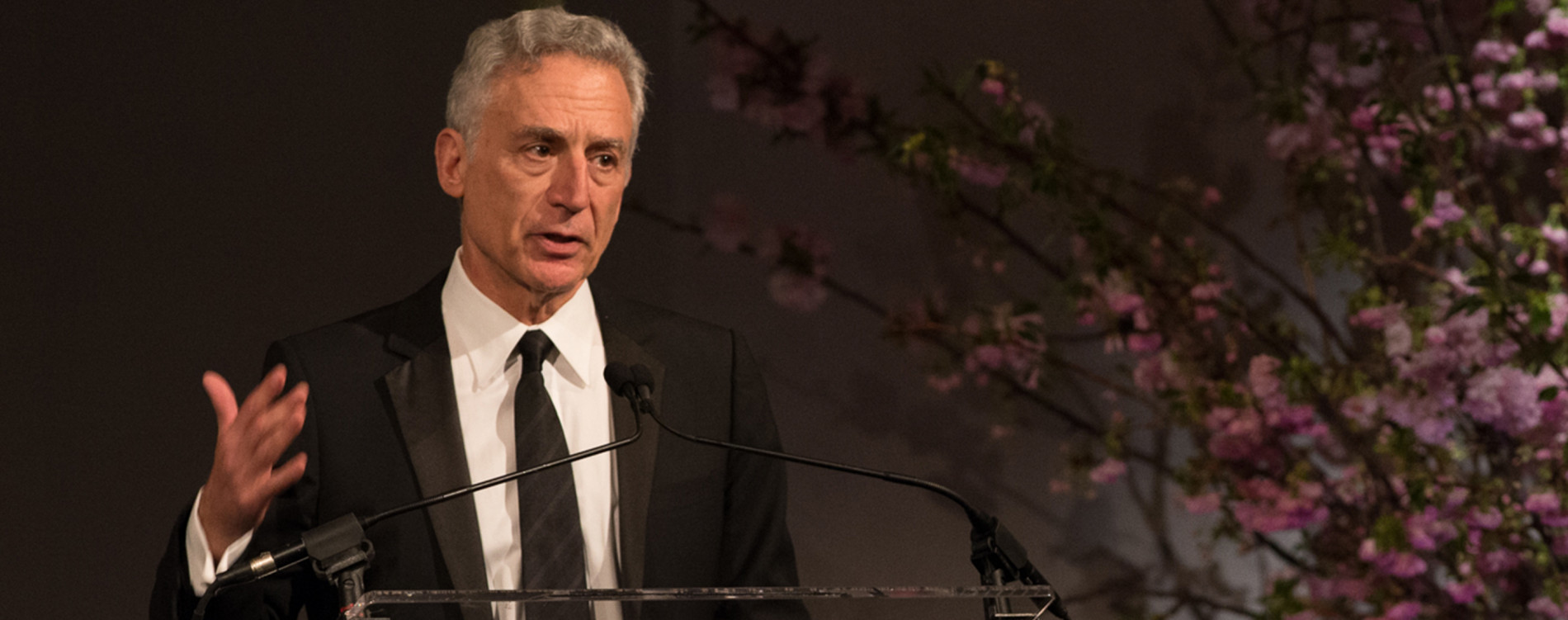His memory loss became apparent first. Like many people experiencing Alzheimer’s in its early stages, my father began misplacing important objects and forgetting the names of people. As the disease progressed, his conversational skills became increasingly impaired, but through all of his changes, our emotional bond remained strong.
Eventually, it became impossible for my stepmother to care for him at home and he entered a nursing facility.
I knew my father was following a typical Alzheimer’s course. During more than 35 years as a practicing geriatrician, I have watched this devastating disease unfold in similar ways for thousands of patients. But watching my father’s mind deteriorate was uniquely painful.
Desperate, my family asked: “Isn’t there anything you can do? You’re a geriatrician!” The question broke my heart. Beyond ensuring that my father received the best possible care, there was little I could do to improve his outlook. There were no drugs that could slow or stop the disease’s progression, or effectively alleviate his symptoms.
That is still true today, and it’s the reason I am passionate about the work of the Alzheimer’s Drug Discovery Foundation. We are funding some of the most novel drug discovery research on the planet—research that will one day allow us to truly help patients like my father.
Right now, the Alzheimer’s Drug Discovery Foundation is funding 85 drug discovery programs in five countries. But many more promising drug programs remain unfunded. With your support, we can accelerate promising Alzheimer’s drug discovery research.
In his last days, hospitalized with Alzheimer’s complications, my father had a rare moment of lucidity. As I left his room for the final time, he called my name, looked me in the eyes and said, “I love you, son.” Though he had tragically lost his mind, the deep emotions of fatherhood remained until the very end.
It’s too late for my father and many other fathers, mothers, grandparents, siblings, and friends. But it’s not too late for the 44 million people worldwide still suffering from the disease—and the many more who will eventually get it.
We have to conquer Alzheimer’s disease, together.
Howard Fillit, MD is the Founding Executive Director and Chief Science Officer at the ADDF.
